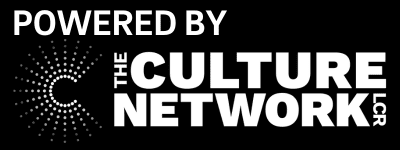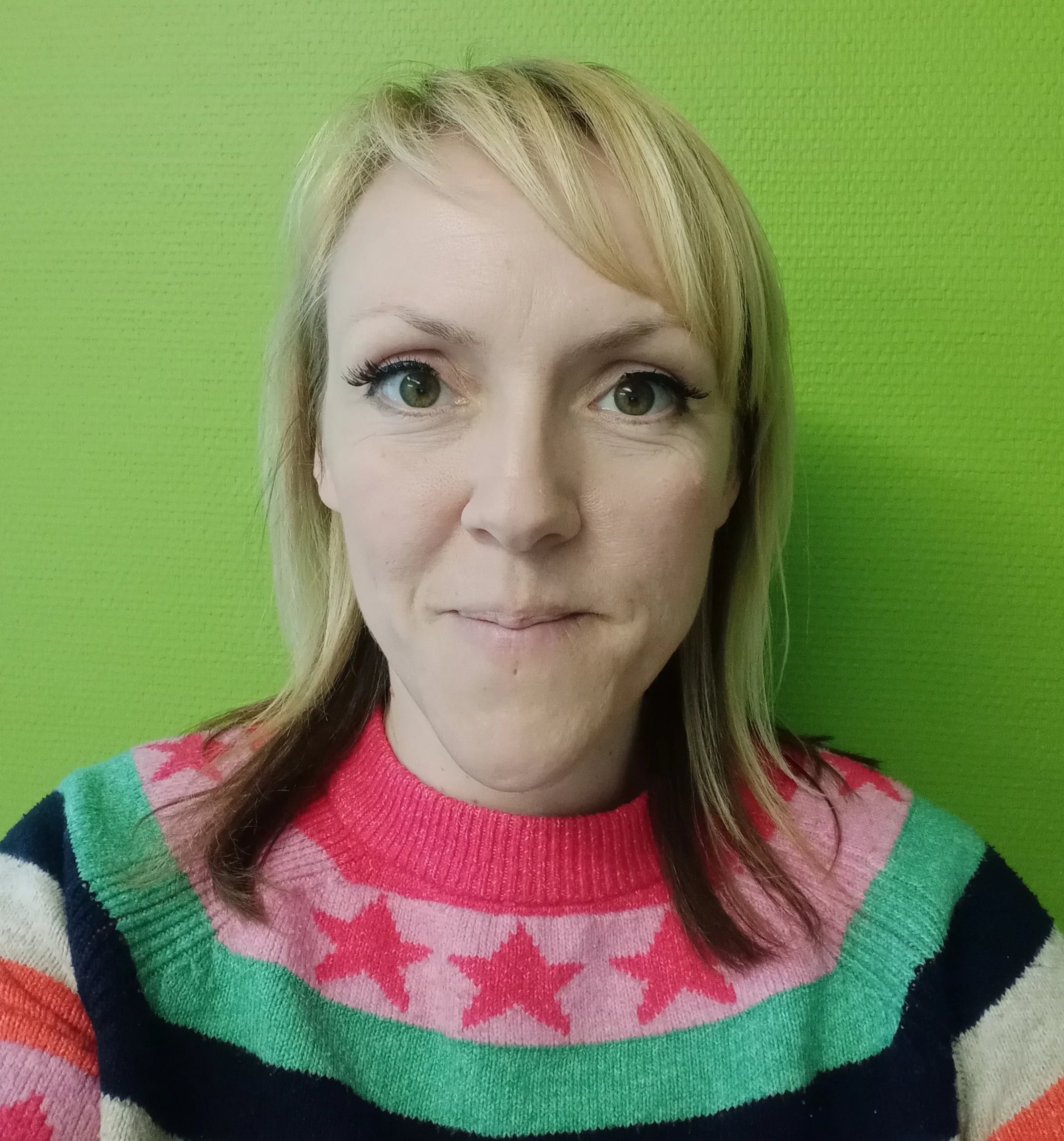
The Brain Charity’s launch of the North West’s first Neurodiversity Arts Festival is a bold celebration of neurodivergent creativity and an important step toward fostering greater understanding. Through a dynamic programme of events, running from 20 – 29 September, the festival highlights the richness and value neurodivergent individuals bring to the arts while addressing the daily challenges they face in a neurotypical world.
Chris Beaumont, Children’s Project Coordinator at The Brain Charity and a key figure in the festival, shares insights into how the festival aims to amplify diverse voices, break barriers, and promote inclusivity in both the creative industries and society at large.
Uncover: What inspired The Brain Charity to launch the North West’s first Neurodiversity Arts Festival?
Chris: Neurodivergent people face daily challenges living in a neurotypical society that doesn’t meet their needs. The Brain Charity wanted to find a way to draw attention to some of the difficulties faced by this minority group but also to celebrate the richness and value that neurodivergent people bring to all of our lives.
We also recognise that a high proportion of neurodivergent people work in the creative industries, where the ability to think differently and understand the world in a different way is a major asset. That’s why an arts festival is a really effective way to bring these issues to people’s attention.
The festival offers an exciting opportunity to showcase neurodivergent talent in the creative industries, whilst also engaging audiences to help them understand more about what neurodiversity is and what we need to do to create a fairer, more inclusive society.
Uncover: How do you envision this festival impacting the perception of neurodiversity in the arts and the broader community?
Chris: The festival will raise awareness of how much neurodivergent talent is out there in all the creative industries and at all levels. We know that 15-20% of people are neurodivergent, but there is still some way to go in increasing people’s awareness and understanding. Hopefully this festival will help people to understand diversity as a positive thing – it enriches all our lives, every day. If we make room for difference it will benefit us all.
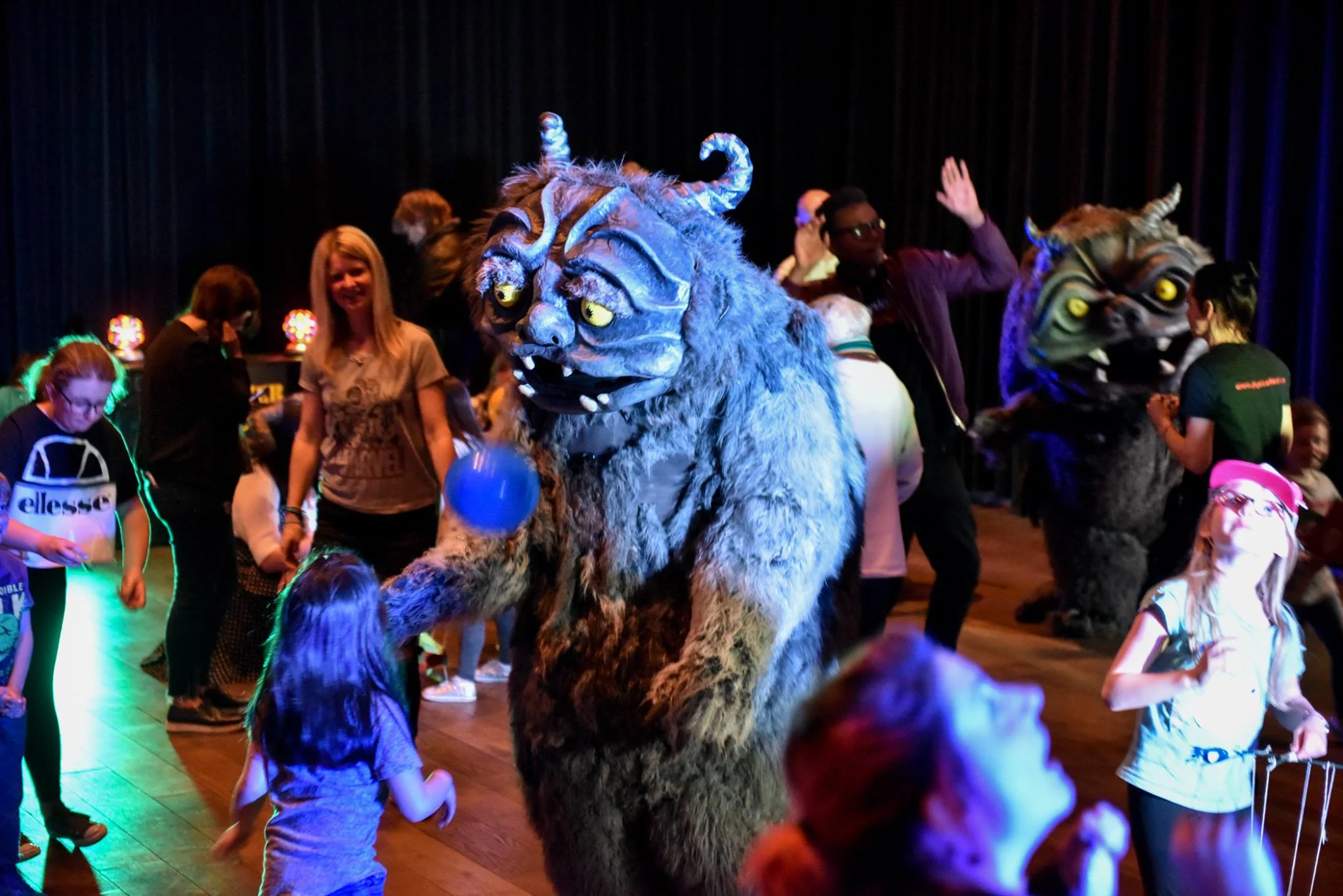
Uncover: The festival includes a diverse range of events, from artistic showcases to educational workshops. Which event/s are you most excited about, and why?
Chris: National Museums Liverpool have proved to be an invaluable partner for this festival and have organised a whole host of exciting events and workshops. This includes a ‘neurodiversity in the arts career day’ where young people can hear from a selection of neurodivergent creative professionals about their experience of working in the arts. The World Museum will also host a special performance of ‘The Boy King’ by Jordan Connerty (in association with RAWD and National Museums Liverpool) charting the life and times of Tutankhamun and their significance in the life of one young man.
One of the most exciting events for families will be the ‘Monster Disco’ at the Unity theatre which is a chance for neurodivergent children and their grownups to find their ‘inner monster’, to celebrate difference and have a boogie.
With events ranging from theatre, music and comedy, to exhibitions, workshops and live discussions, there should be something for everyone, no matter your age or interests.
Uncover: Can you tell us more about the collaborations with the likes of Tate Liverpool and the Royal Liverpool Philharmonic?
Chris: Two of the most exciting events from a neurodiversity advocacy perspective are ‘An Evening with Ruby Colley’ at Liverpool Philharmonic and the ‘Meet the Artist’ event at the Tate. Both evenings should be an opportunity for some lively discussion and sharing of ideas as well as a chance to experience some fantastic music and fine art.
Ruby Colley will be presenting excerpts from her forthcoming work ‘Hello Halo’, a collaboration with vocal ensemble Exaudi, based on Ruby’s non-verbal brother Paul’s alternative forms of communication. She will be discussing the creative process of making this piece as well as playing some of her previous compositions live in the intimate setting of the Liverpool Philharmonic Music Room.
Tate Liverpool will also be presenting a live ‘Meet the Artist’ event exploring neurodiversity and its relationship to contemporary art practice. Artists Becky Beasley, Sonia Boué and Pierce Starre will be in conversation with Claire Penketh, Professor of Disability Studies and Art Education at Hope University.
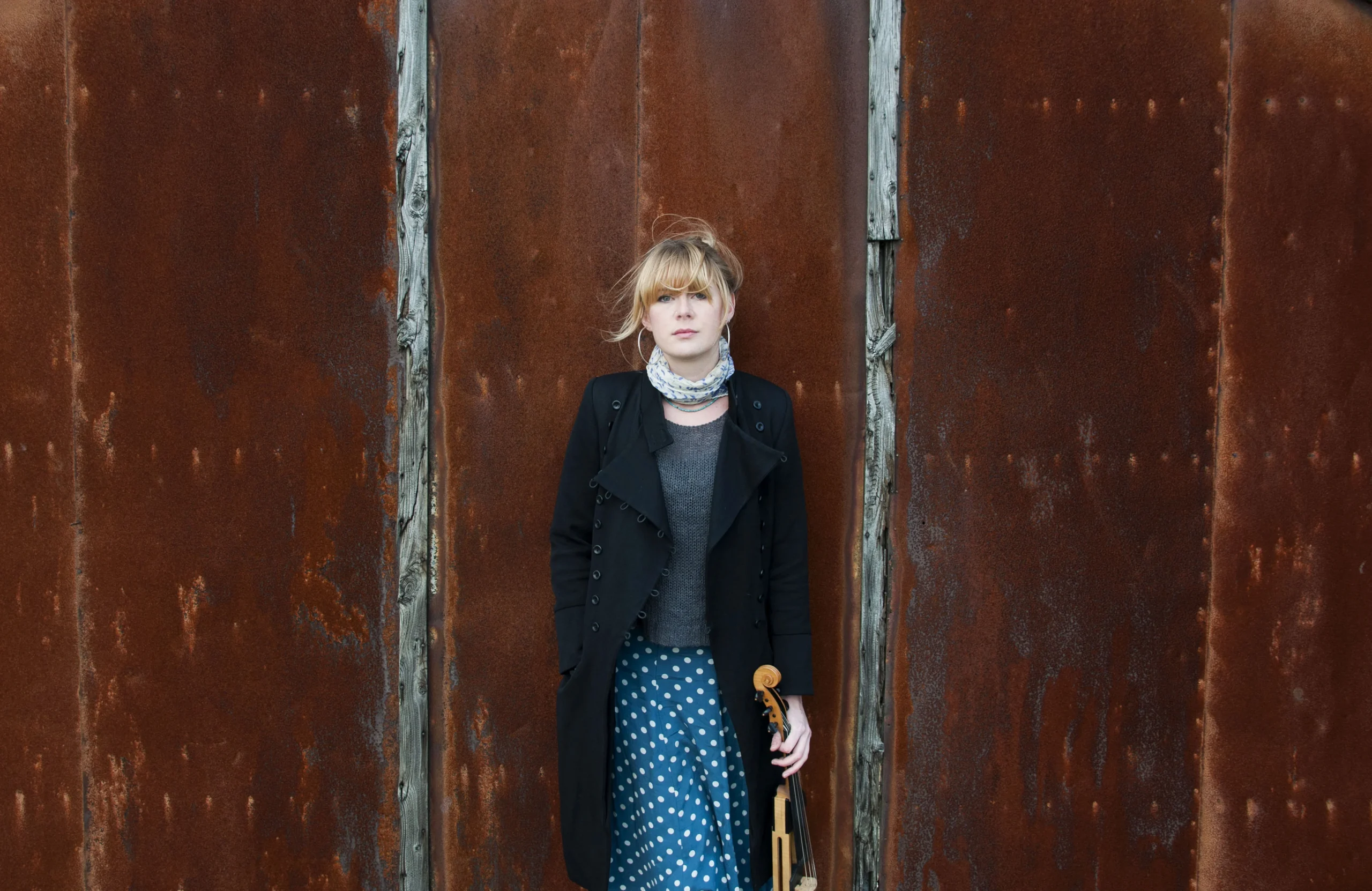
Uncover: The festival will feature well-known artists such as Johnny Vegas and Ashleigh Nugent. How did their involvement come to fruition, and what unique perspectives do they bring to the event?
Chris: Johnny Vegas and Ashleigh Nugent will be appearing at the Opening Night Celebration which will be held at the Brain Charity for an invited audience comprised of neurodivergent artists and community members as well as representatives from the major arts organisations in Liverpool and local stakeholders.
Johnny Vegas currently has an art exhibition at the Walker Art Gallery. He is a local neurodivergent artist and interested in the cause. When we explained what the festival was about and what we are hoping to achieve, he was happy to get involved.
Ashleigh Nugent is a prominent local writer and director and his life and work has been heavily influenced by his neurodivergence. He has a compelling story to tell which reflects some of the challenges neurodivergent people can meet when trying to navigate the world which he uses to inspire and instigate understanding and change.
Uncover: In what ways does the festival aim to improve accessibility for neurodivergent individuals in public spaces, and how does it address the specific challenges they face?
Chris: We’ve been working with the Blue Room artists at the Bluecoat to produce a series of six posters which directly some of the issues that neurodivergent people face in public spaces. It’s about creating a space where people feel able to be themselves and be accepted but it’s also about helping people understand why others might sometimes behave differently and that this is ok.
We’ve also been working with the major arts institutions in Liverpool to discuss ways that they can make their events more accessible to everybody. Which includes things like providing more comprehensive information about the events and being conscious of aspects of the environment such as lighting, sound and physical spaces. Venues have been encouraged to provide quieter spaces where possible.
Often, making a few simple changes benefit all visitors, not just neurodivergent people.
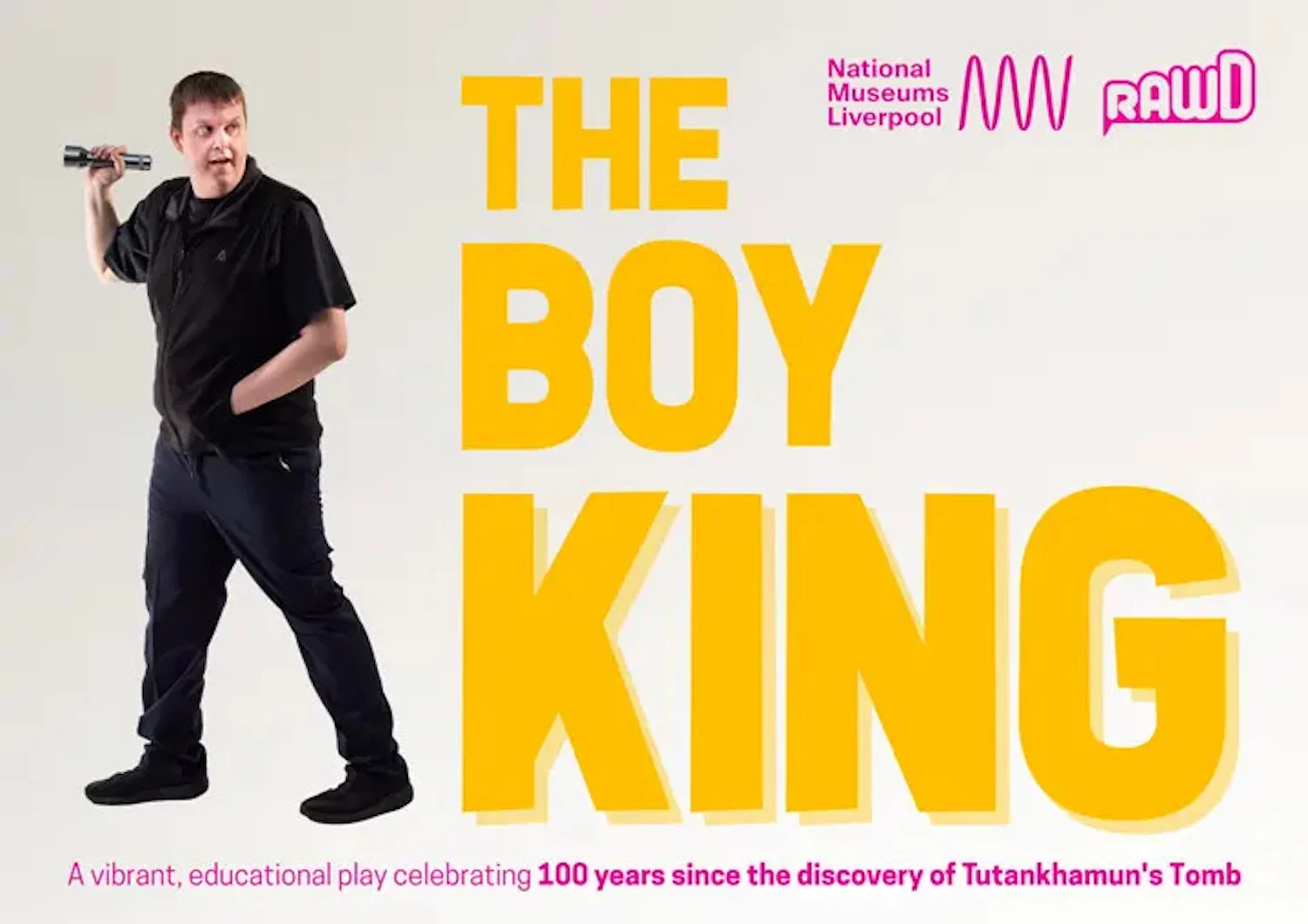
Uncover: Looking beyond this year’s festival, what are your hopes for the future of the Neurodiversity Arts Festival? Do you see it becoming an annual event?
Chris: We hope this year’s festival is the start of a conversation to bring more awareness to issues around neurodiversity and possibilities for change. The festival has the potential to become We hope to do this festival again, building on the partnerships we’ve established this year.
Uncover: What advice would you give to other organisations or cities looking to create similar festivals or initiatives to promote neurodiversity?
Chris: It’s important to find areas of mutual interest or benefit in any collaboration. It’s also important to recognise that all organisations work differently and to leave space to accommodate this. Finally, it’s important to recognise that the loudest voices aren’t necessarily the most important and to bring parity by giving opportunities to new or relatively inexperienced artists as well as well-established groups and organisations.
Find out more about the Neurodiversity Arts Festival.

